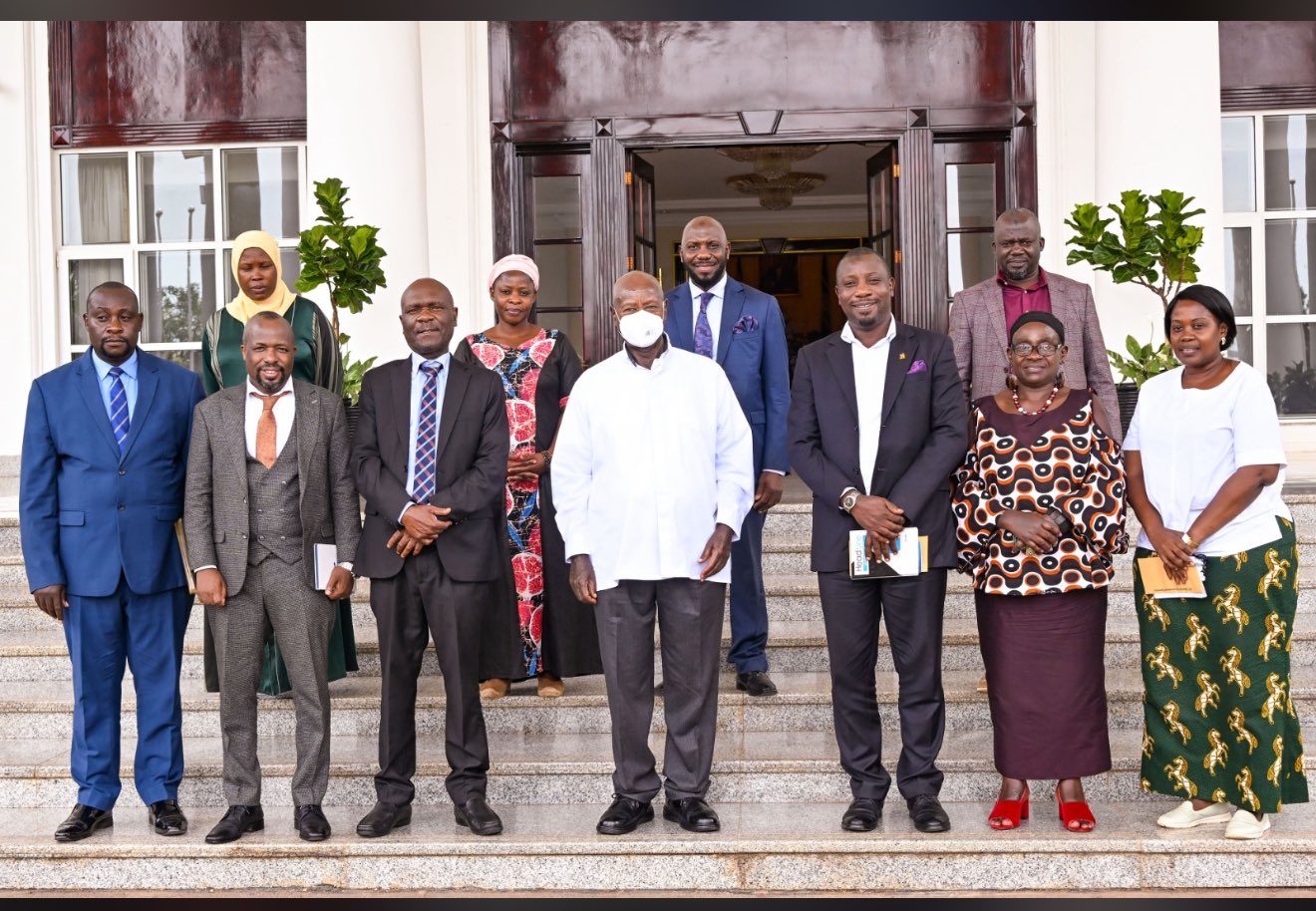Sedrack Nzaire Kaguta, the younger brother of President Museveni and aspirant for NRM vice chairperson (Western), has accused his opponent, Dr. Chris Baryomunsi, the incumbent Minister of ICT and National Guidance of promoting tribalism and divisive politics in their contest.
Nzaire alleges that Dr. Baryomunsi, during an appearance on a local radio station, claimed that the CEC position for Western Uganda should exclusively be held by individuals from the Kigezi sub-region. This statement, according to Nzeire, fosters tribalism and undermines the unity of the broader Western Uganda region, which includes areas like Ankole, Bunyoro, and Toro.
Nzaire, a long-time NRM mobilizer and former chairperson of the NRM in Kiruhura, condemned such remarks as divisive, emphasizing that leadership should be determined by merit and the will of the people, not regional or tribal affiliations.
“Let the people of Greater Ankole, and indeed all of Western Uganda, decide who their leader should be,” Nzaire said.
“I have met many delegates across the region, and they have assured me of their support. I am ready to compete and defeat any candidate contesting for this position.”
Nzaire’s campaign has focused on uplifting the welfare of youth and women, whom he identifies as the most vulnerable groups in Western Uganda.
“If given the opportunity, I will prioritize programs that empower young people through skills development and job creation, as well as initiatives to support women’s economic participation,” he stated.







